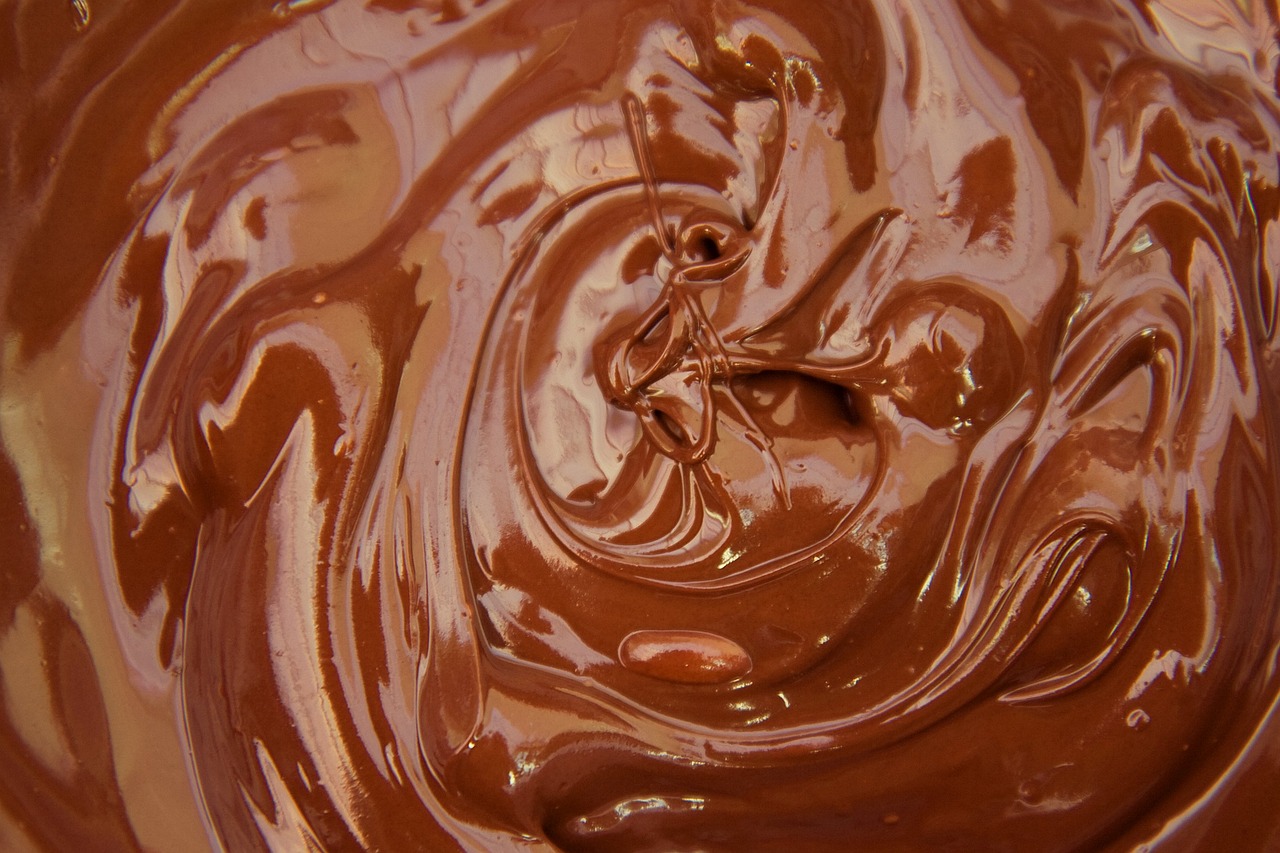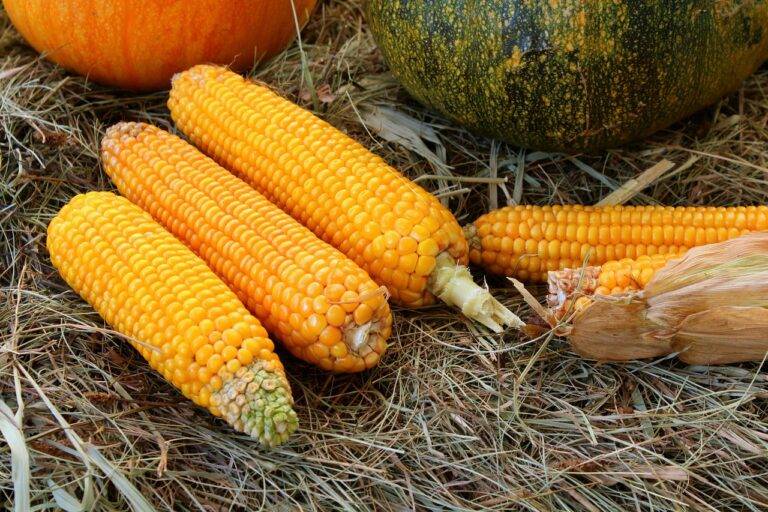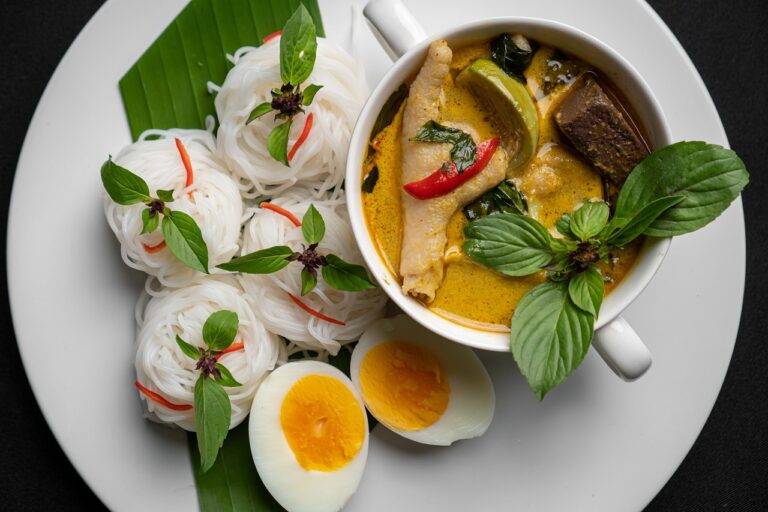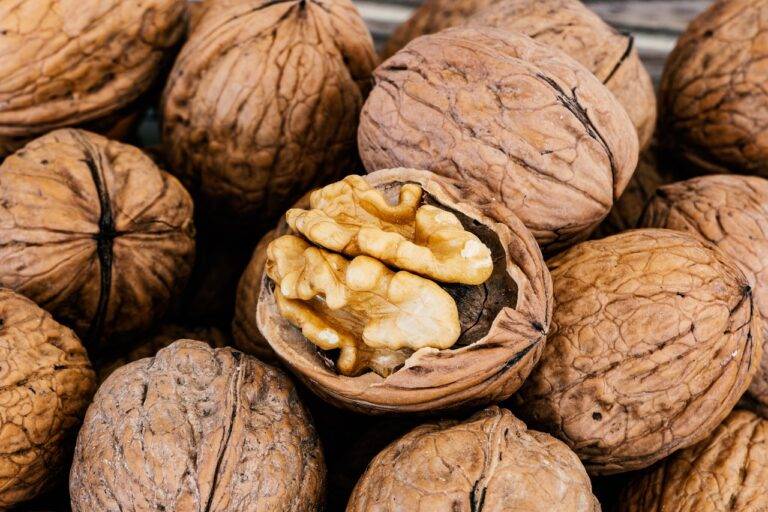The Global Spice Trade: Tracing the Origins of Your Favorite Flavors.
The origins of the spice trade can be traced back to ancient times when spices were highly valued for their medicinal properties, flavor-enhancing abilities, and preservative qualities. It is believed that the trade routes for spices began developing around 2000 BCE, primarily in regions of the Middle East and the Mediterranean. As civilizations expanded and trade networks grew more complex, spices like cinnamon, pepper, and cloves became prized commodities that were traded far and wide.
Spices were not only used for culinary purposes but also played a significant role in religious rituals, embalming practices, and as status symbols among the elite. The demand for spices led to the establishment of trade routes that spanned great distances, connecting diverse cultures and fueling economic growth. The spice trade not only facilitated the exchange of goods but also encouraged cultural exchanges and influenced the development of societies across the globe.
Ancient Civilizations and Spice Usage
Spices have played a significant role in the culinary and cultural history of ancient civilizations worldwide. The use of spices dates back thousands of years, with evidence of their importance found in archaeological excavations and historical texts. From the Indus Valley Civilization to ancient China, Egypt, and Mesopotamia, spices were used not only to enhance the flavor of food but also for religious rituals and medicinal purposes.
In ancient India, spices like black pepper, cardamom, and cinnamon were highly valued for their flavor and medicinal properties. The ancient Egyptians used spices such as anise, cumin, and coriander in their embalming practices and religious ceremonies. In Mesopotamia, the Sumerians and Babylonians traded spices like saffron and cumin along the ancient spice routes connecting the East and the West. Spices were considered luxurious commodities, often reserved for the elite and used as offerings to the gods in temples and tombs.
What is the significance of the spice trade in ancient civilizations?
The spice trade played a crucial role in connecting different civilizations, fostering cultural exchange, and impacting economies.
Which ancient civilizations were known for their use of spices?
Various ancient civilizations, such as the Egyptians, Greeks, Romans, Chinese, and Indians, were known for their extensive use of spices in food, medicine, and religious practices.
How did the spice trade originate?
The spice trade originated in ancient times when civilizations began trading valuable spices such as pepper, cinnamon, and cloves across long distances.
Why were spices considered valuable in ancient civilizations?
Spices were considered valuable in ancient civilizations due to their ability to enhance the taste of food, preserve food, and even have medicinal properties.
How did the use of spices impact ancient economies?
The use of spices played a significant role in shaping ancient economies, as they were highly sought after commodities that led to the development of extensive trade networks and influenced global trade routes.





